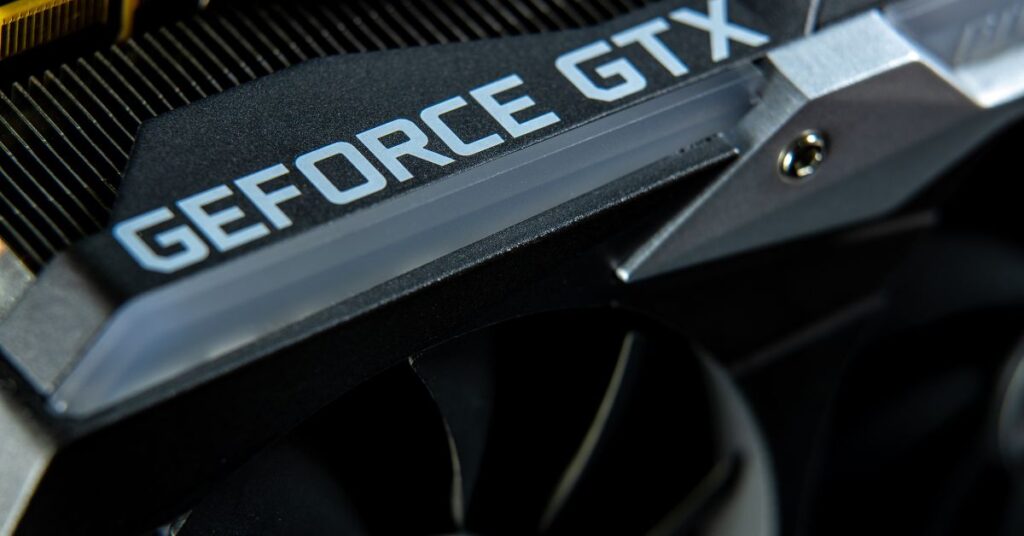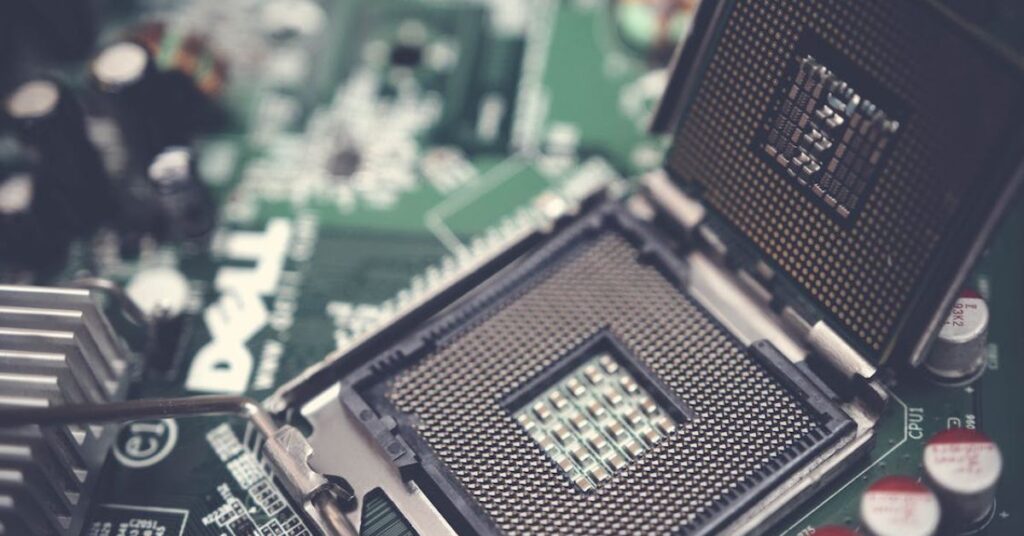In the vast realm of computer hardware, the symbiotic relationship between the motherboard and GPU (Graphics Processing Unit) is a critical facet. The burning question that often arises in the minds of tech enthusiasts is, “Can Motherboard Damage Your GPU?” This inquiry prompts us to embark on a detailed exploration of the nuances surrounding these integral components.
Table of Contents
How Motherboard and GPU Collaborate?
The Dance of Components
The motherboard and GPU perform a delicate ballet within a computer system. The motherboard acts as a central nexus, interconnecting various components, while the GPU takes center stage in rendering graphics. Understanding the interplay between these components is fundamental to comprehending the potential impact on performance.
Can Motherboard Damage Your GPU? Unveiling the Myth
Addressing Common Concerns
Our investigation focused on the question itself: “Can Motherboard Damage Your GPU?” These concerns are often the result of misunderstandings or isolated incidents of hardware failure. Let’s take a deeper look at the factors that contribute to this problem to put to rest any concerns you may have.

Power Compatibility: The Crucial Factor
Balancing the Power Equation
One crucial aspect is power compatibility. GPUs have specific power requirements for optimal functioning. If the motherboard fails to consistently deliver the required power, it may lead to instability and potential damage. It is imperative to adhere to the manufacturer’s specifications regarding power supply to the GPU.
Heat Management: The Silent Culprit
Combatting the Heat Challenge
Overheating poses a significant threat to electronic components. Inadequate heat management by the motherboard can adversely affect the GPU. To mitigate this risk, ensuring proper airflow and implementing efficient cooling mechanisms is essential. This proactive approach safeguards both the motherboard and GPU from the perils of excessive heat.
Compatibility Woes: Delving Deeper
Navigating the Compatibility Maze
Ensuring compatibility between the motherboard and GPU is paramount. Mismatched components can result in communication errors, impacting overall performance and potentially causing damage. Before assembling or upgrading a system, thorough checks of compatibility lists and guidelines provided by manufacturers are crucial.
The Importance of Regular Maintenance
Maintaining the Hardware Ecosystem
Regular maintenance emerges as a key player in preventing potential issues. Dust accumulation can impede the cooling efficiency of both the motherboard and GPU. Implementing periodic cleaning and inspection routines becomes crucial to sustaining optimal performance and averting potential damage.
Identifying Red Flags: Signs of Trouble
Vigilance as a Safeguard
Recognizing warning signs is pivotal in addressing the query of whether the motherboard can damage the GPU. Persistent system crashes, graphical anomalies, or unusual noises may serve as indicators of an underlying problem. Timely investigation and intervention are essential to prevent further damage.
Why Motherboard Is Used?
Also, Click here to read this informative article for your computer.
Debunking Common Myths

“All Motherboards Are the Same”
Contrary to popular belief, not all motherboards are created equal. Higher-end motherboards often boast superior build quality, robust power delivery systems, and enhanced features that contribute to a safer environment for your GPU.
“Overclocking Is Always Harmful”
While reckless overclocking can indeed pose risks, responsible and moderate overclocking can be a safe practice. High-quality motherboards often provide features like BIOS-level overclocking controls, allowing users to fine-tune settings without compromising stability
Conclusion
In conclusion, while the motherboard does have the potential to impact the GPU, it is often a result of preventable issues such as power compatibility, heat mismanagement, or compatibility discrepancies. By comprehending these factors and adopting proactive measures, users can foster a harmonious relationship between the motherboard and GPU, ensuring optimal performance and prolonged hardware longevity.
FAQs
Q: Can a faulty motherboard cause instant GPU damage?
A: While instant damage is rare, prolonged issues such as power fluctuations or heat problems can contribute to gradual damage over time.
Q: How frequently should I clean my computer to prevent damage?
A: Regular cleaning every 3-6 months is advisable, with the frequency varying based on environmental factors like dust levels.
Q: How can I check if my GPU is receiving the right amount of power?
A: You can use monitoring tools or software provided by the GPU manufacturer to check the power consumption of your GPU. Additionally, reviewing the system’s power supply specifications and ensuring it meets the GPU requirements is crucial.
When pondering the question, “Can Motherboard Damage Your GPU?“ Proactive maintenance and meticulous attention to detail can make a huge difference in the longevity and performance of your hardware.
